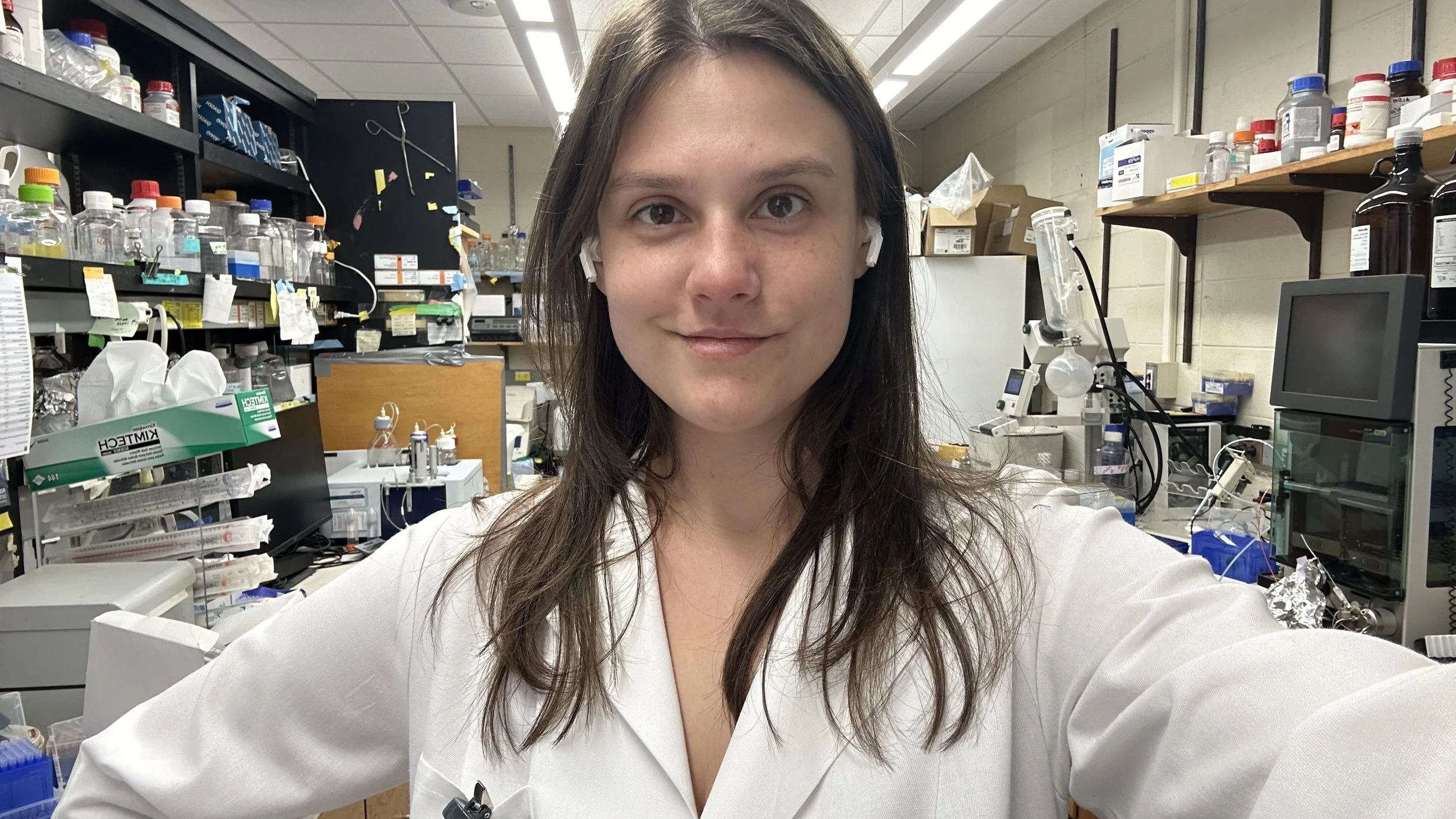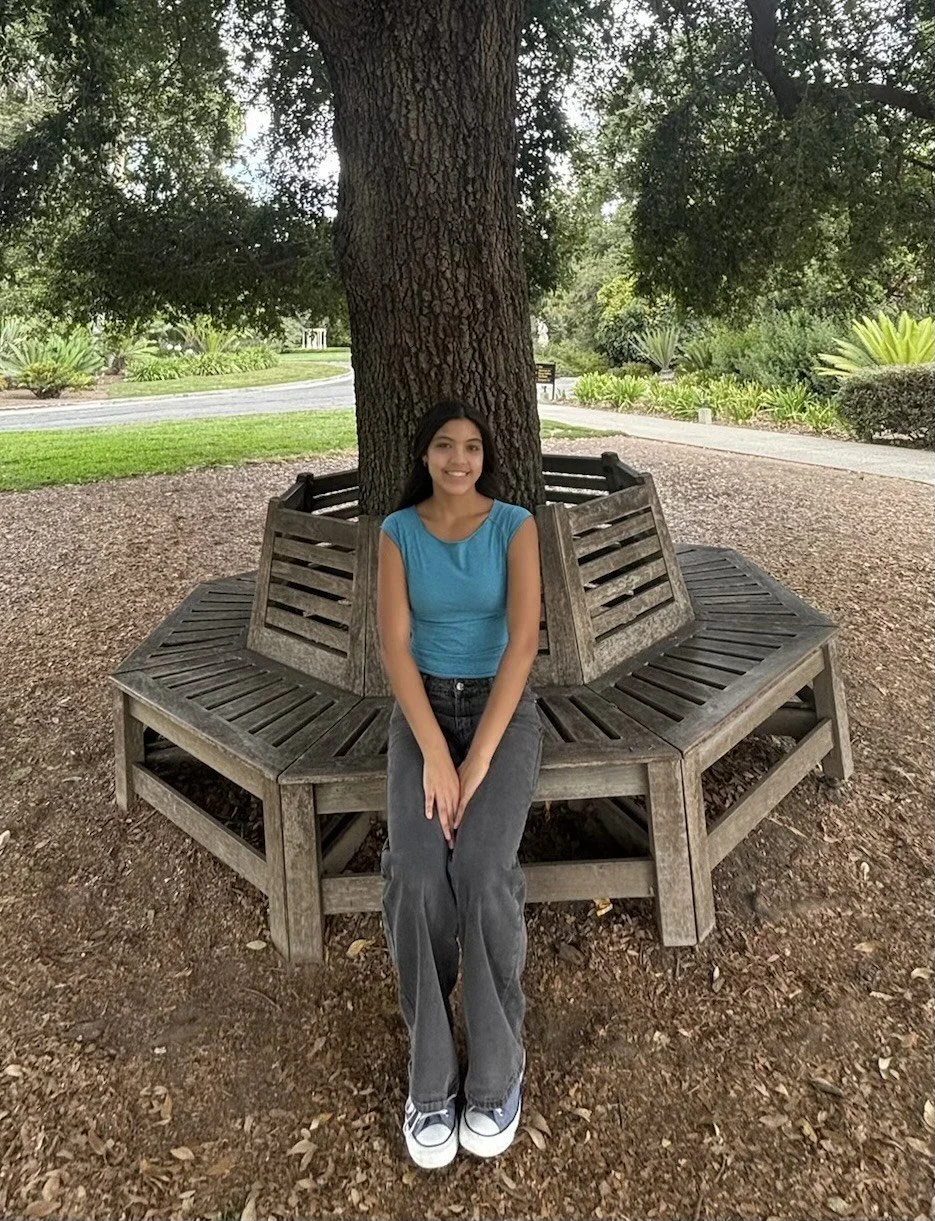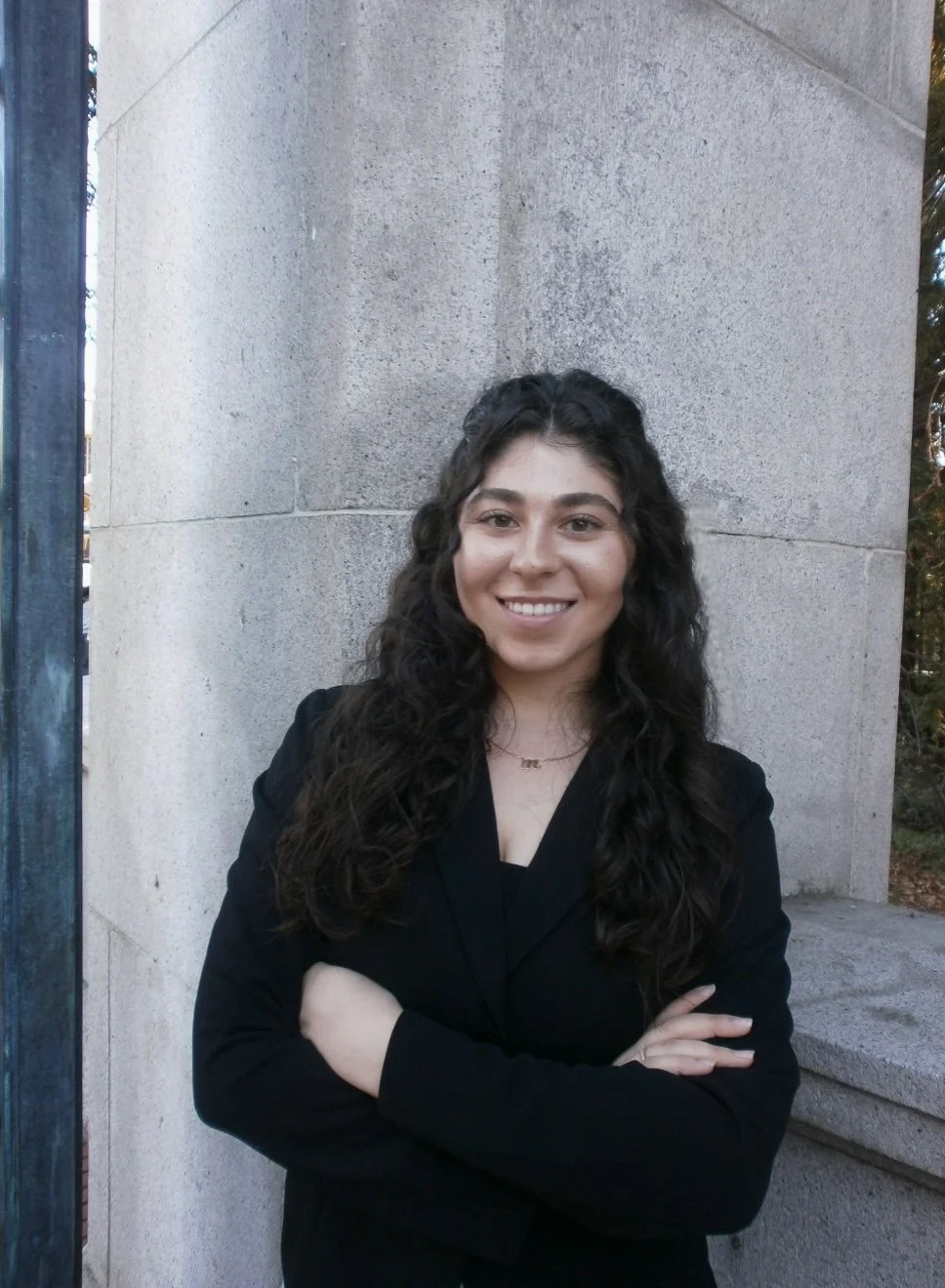Principal Investigator
José Pablo Vázquez-Medina
Associate Professor of Integrative Biology
I am a broadly trained comparative biologist with a strong interest in redox physiology. I have led research projects investigating the role of redox biology in adaptation and disease across various systems, including humans, rodent models of aging, diabetes, hypertension, and lung disease, as well as marine vertebrates. I grew up in Mexico and earned my BS and MS degrees while working with Tania Zenteno-Savin at UABCS and CIBNOR in La Paz, Baja California Sur, where I developed an interest in diving physiology. I then completed my PhD under the supervision of Rudy Ortiz at UC Merced, focusing on fasting, low oxygen physiology, and cardiometabolic disease. I was a postdoctoral fellow with Aron Fisher at the University of Pennsylvania, where I studied the antioxidant protein peroxiredoxin 6, before starting my group at Berkeley.
Trainees
Justin Lawrence Conner
Postdoctoral Researcher
I am a comparative physiologist originally from Miami, Florida. I received my undergraduate degree from Oregon State University, where I studied Zoology. During my PhD at the University of North Texas, I studied the physiology of ectotherms (American alligators, Burmese pythons, common snapping turtles, and air-breathing fish). After receiving an NSF Postdoctoral Fellowship to work at the University of Nevada, Las Vegas, I developed the skills to create complex in vitro systems (organoids) in hibernating mammals. I joined the Vázquez-Medina lab, supported by an NIGMS Diversity Supplement. I am interested in studying the role of Prdx6 in regulating oxidative stress in renal dysfunction and acute kidney injury, utilizing novel transgenic mouse models, organoids, and cell culture systems.
Elizabeth Piotrowski
Berkeley Fellow
DoD NDSEG Fellow
I received my BS in Marine Biology from the University of Maine, Orono, where I conducted research in Kristina Cammen’s lab focused on developing new protocols that use environmental DNA for marine mammal studies. I then completed my MS in Biology at the University of the Pacific in Jane Khudyakov's lab, where I profiled muscle and blood gene expression related to carbon monoxide signaling and production across ontogeny and examined muscle and blubber transcriptome and proteome responses to swimming and diving in northern elephant seals. I'm interested in exploring adaptive mechanisms that protect diving mammals from hypoxia-induced oxidative stress and regulate energy balance. I enjoy volunteering at The Marine Mammal Center and hiking in my spare time.
Caroline del Real
UC Berkeley Chancellor’s Fellow
Caroline received her BS from Duke University, where she studied stable isotope ecology and anthropogenic stressors in baleen whales. She then worked with Robert Lefkowitz on beta-arrestin GPCR-mediated signaling. Caroline will conduct mechanistic studies on hypoxia and stress tolerance in marine mammal cells.
Undergraduate Student Researchers
Kavi Singh
I am a third-year student majoring in molecular and cell biology, on the pre-med track. In the Vázquez-Medina lab, I work with Dr. Justin Conner on Peroxiredoxin-6, studying the effects of mutations in this enzyme on metabolic disease.
Sophia Garcia
I am a junior pursuing a major in Molecular Environmental Biology and a minor in Marine Science. I work with Liz Piotrowski to study gene expression during breath-holds in elephant seals. I enjoy running, exploring the outdoors, and volunteering at a local animal shelter and the Marine Mammal Center in my free time.
Thais Dubost
I am a junior pursuing a major in Molecular & Cell Biology ( Genetics, Genomics, Evolution & Development Emphasis ) and a minor in Chemistry. In the lab. I work with Justin Conner studying how Prdx6 regulates oxidative stress in renal dysfunction. Outside of the lab, I enjoy reading and doing sports, especially horse riding.
Mona Tazhibi
I am a third-year student, majoring in molecular and cellular biology with an emphasis in immunology and molecular medicine. I hope to pursue my MD-PhD, and am currently helping with Justin's project studying the role of PRDX6 in acute kidney injury. Outside of the lab, I spend my time at the gym, volunteering, and learning new recipes.
Affiliates
Adi Domer
HFSP Fellow, Dudley Lab
I am an ecologist and a nature enthusiast from Israel. My fields of study include classical ecology and ecophysiology, particularly the evolutionary consequences of flight for animals' physiological traits. For this, I use a broad range of flying animals, including insects and birds. Currently, my research at UC Berkeley focuses on evaluating avian blood glucose regulation and its physiological consequences for flight performance and migratory behavior. When I am not doing science, I enjoy listening to music, going hiking and birdwatching, and rearing my own brood.
Alumni
PhD students
B. Gabriela Arango (2019-2025)
UC Berkeley Chancellor’s Fellow, Ford Foundation Predoctoral and Dissertation Fellow
BS Sonoma State University, MS Sonoma State University
Gaby studied the metabolic underpinnings of hypoxia and stress tolerance in sea turtles. Gaby is now a UCPPFP fellow in Tatum Simonson’s lab at UC San Diego.
Emily Lam (2018-2025)
DoD NDSEG Fellow, Philomathia Graduate Student Fellow
BS DePaul University, MS SF State University
Emily studied the effects of anthropogenic stress on marine mammals at the cellular and organismal levels. Emily is now a postdoc in Diana Laird’s lab at UCSF.
José Arevalo (2018-2024)
American Physiological Society Porter Physiology Fellow
BS UC Berkeley, MS CSU Fullerton
Jose studied physiological mechanisms underlying metabolic inflexibility in aging and the role of Prdx6 in supporting mitochondrial function in skeletal muscle. José is now a postdoc in Ashley Webb’s lab at the Buck Institute for Research on Aging.
Kaitlin Allen (2018-2024)
Berkeley Fellow, NSF GRFP Fellow
BS MIT
Kaitlin studied redox biology and hypoxia tolerance in diving seals. Kaitlin is now a WHOI postdoctoral fellow in Michelle Shero’s lab at Woods Hole Oceanographic Institution.
Giovanna Selleghin Veiga (2024)
Visiting Scholar, Nery Lab, U Campinhas, Brazil
Giovanna spent a year in the lab studying the evolution of antioxidant genes in diving mammals.
Postdocs
Juan Manuel Vazquez (Affiliate, 2020-2025)
NSF PRB Fellow, NIH K99 Postdoctoral Fellow, Sudmant Lab
BA, BS University of Rochester, PhD University of Chicago
Manny’s work focused on evolution and longevity-associated traits in extreme animals (bats, whales). Manny is now an Assistant Professor at Penn State University.
Diana Daniela Moreno-Santillan (2021-2025)
Postdoctoral researcher
BS UNAM (Mexico), MS IPN (Mexico), PhD IPN (Mexico), Postdoc (Texas Tech)
Diana conducted comparative genomic analyses to understand diving adaptations in elite diving pinnipeds.
Dianna Xing (2023-2025)
Postdoctoral researcher
BA Grinell College, PhD University of Alabama at Birmingham
Dianna studied the role of mitochondrial Prdx6 in supporting mitochondrial function in aging. Dianna is now Head of Redox Biology at Permanence Bio.
Andrea Salvador Pascual (2019-2021)
Postdoctoral researcher
BS University of Valencia, MS University of Valencia, PhD University of Valencia
Andrea studied metabolic inflexibility in aging and contributed to our work on Prdx6 in the pulmonary endothelium.
David Ensminger (2019-2021)
NSF PRB Fellow
David studied the impact of glucocorticoids on oxidative stress, inflammation, and immune function in elephant seals. David is now an Assistant Professor at San Jose State University.
Julia María Torres Velarde (2018-2020)
UC MEXUS Postdoctoral Fellow
Julia studied how elephant seals can tolerate very high glucocorticoid levels and the cytoprotective effects of the antioxidant enzyme Prdx6 in the lung endothelium. Julia is now a researcher at CIAD in Mazatlan, Mexico.
Undergraduates
Hansa Atreya
IB SURE scholar
Seoyun (Matthew) Lee
URAP student
Malavika Garimella (Mala)
URAP student
Dua Shoaib
URAP student
Eva Utke
URAP student. Currently a graduate student at UPenn.
Cailin Born
URAP student
Ria Sood
URAP student. Currently an MD student at U Chicago.
Federico Kong-Gonzalez
URAP student
Eqlima Tahiry
IB SURE scholar
Heidi Avalos
URAP student. Currently Staff Research Associate at UC Irvine.
Catherine Zhu
URAP student
Sarah Villa
URAP student
Diana Sam
URAP student
Stella Recht
URAP student
Nika Talebizadeh
IB Honors Thesis. Currently DO student.
Maxine Mouly
ESPM Honors Thesis. Currently a graduate student at the University of Amsterdam.
Queenie Li
URAP student
Yuka Takahashi
URAP student
Ana Castello
MCB Honors Thesis
Kyra Henderson
URAP student
Cambrie Congdon
ESPM Honors Thesis. Currently a Registered Veterinary Technician.
Marvin Miller
McNair student
Alexander Li
MCB Honors thesis. Currently Senior Research Associate at Calico.
Lauren Zane
IB Honors Thesis. Departmental Natural History Award. Currently a PhD student at the University of Rhode Island.
Diamond Luong
IB Honors Thesis. Currently a Medical Student at UC San Diego.
Esmeralda Garcia-Orosco
URAP. Currently a Scientist at Avid Bioservices.
Noemi Reyes
URAP. Currently a Project Coordinator at LGC Biosearch Technologies.
Emily Gibson
MCB Honors thesis. Currently a PhD student at Princeton.








